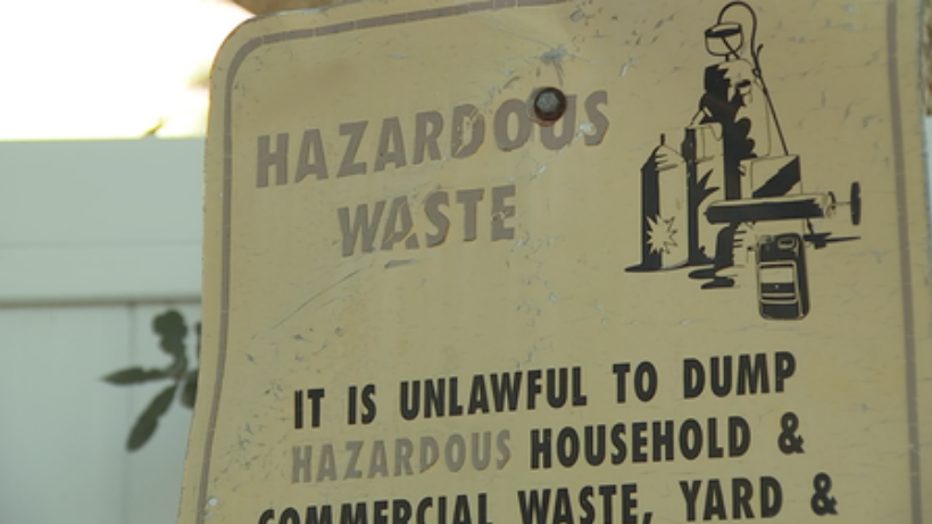Don't let greasy holiday cooking lead to clogged pipes
CLEARWATER, Fla. - For many people, the holiday season means more time in the kitchen baking and cooking big meals
George Hicks says it means, "just hanging out around the house, cooking, eating.” Others like Colette Pizzarella say it's all about the food, "turkey, sweet potatoes, green beans, Brussels sprouts.”
They are delicious, but the feasts tend to wreak havoc on plumbing and sewer systems.
Leftover greasy food scraps, pan drippings, cooking oil and shortening, even oily salad dressing should never be poured down the drain. Clearwater Public Utilities director David Porter says they can cause major backups and potentially serious damage to your home.
"Fats, oils, and grease that might be liquid when they start off, when they pour them down the drain, will congeal, then they’ll get into the piping systems and form a plug or a clog," he said.
The backups form year-round, and they can be a costly problem.
"We’ve had situations where our sewers overflowed because of them and people’s homes actually backed up with sewage,” said Porter. “So it is a very big problem for us."

That is why officials are urging folks to bring their fats, oils and grease to the city's Recycling Drop-off Center at 1701 N. Hercules Avenue. Just let it cool, pour it into a container, and dump it into the big green barrel -- 24-hours a day, year-round.
Clearwater has been collecting the cooking waste since 2011 and repurposing it into sustainable energy.
"If you bring it here and you put it in the recycle facility, it’s gonna be turned into biodiesel," explained Porter.
Around 2,000 gallons a year are donated to a local business that recycles the grease into cleaner-burning fuel. Biodiesel is a renewable, clean-burning diesel replacement, so it can be used to run vehicles with diesel engines. It's also better for the environment compared to petroleum-based diesel fuel.
Check with your local community to see if there's a way to recycle fats, oils, and grease where you live. If not, throw them in the trash and not down the drain.
LINK: For more information, log onto: Clearwater Grease Program


